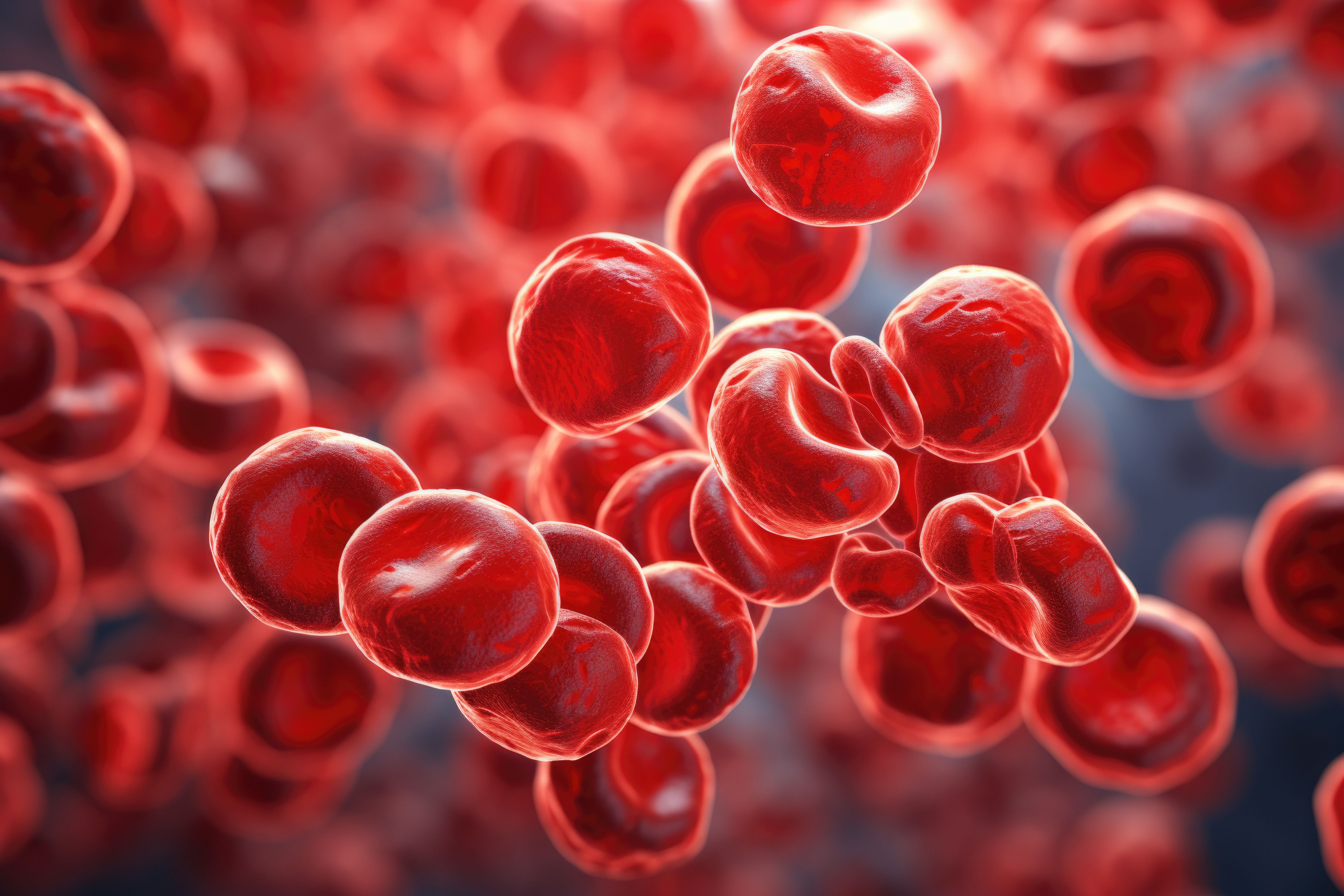FDA Grants Fast Track Designation to R289 for LR-MDS Treatment
R289, a dual IRAK1/4 inhibitor, has received fast track status from the FDA for treating transfusion-dependent lower-risk MDS in patients with inadequate responses to prior therapies.

- The FDA has granted fast track designation to R289 for use in patients with previously treated transfusion dependent lower-risk myelodysplastic syndrome (LR-MDS).
- R289 is a potent, selective dual inhibitor of IRAK1 and IRAK4.
- The safety, tolerability, pharmacokinetics (PK), and preliminary activity of the agent is currently undergoing evaluation in a phase 1b study (NCT05308264) in patients with LR-MDS who are relapsed or refractory to previous therapies.
The FDA granted fast track designation to R289 for the potential treatment of patients with transfusion-dependent LR-MDS that has been previously treated.1
R289, a prodrug of R835, is a dual IRAK1/4 inhibitor. In preclinical studies, the agent has been shown to reduce inflammatory cytokine production via TLR and IL-1R signaling. Dysregulation of these pathways is implicated in the pro-inflammatory bone marrow environment, contributing to persistent cytopenias in patients with lower-risk MDS.1
The selective dual IRAK1/4 inhibitor is being assessed in a phase 1b trial, which is evaluating the safety, tolerability, PK, and preliminary efficacy in relapsed/refractory LR-MDS.
Blood cancer cells under the microscope: © stock_acc - stock.adobe.com

"We are pleased that R289 has been granted fast track designation, which underscores the significant unmet need for patients with transfusion dependent lower-risk MDS," said Raul Rodriguez, president and chief executive officer of Rigel, the developer of R289, in a press release. "By targeting inflammatory signaling, we believe that R289 has the potential to meaningfully improve the lives of those living with this disease."
The open-label, phase 1b study aims to determine the tolerability and preliminary efficacy of R289 in patients with LR-MDS. Patients must be relapsed/refractory, resistant, intolerant, or have inadequate response to prior therapies, including erythropoietin, thrombopoietin, luspatercept, or hypomethylating agents for MDS treatment.2
Inclusion criteria for the study required patients to be 18 years and older at the time of signing informed consent and have a definitive diagnosis of MDS with very low, low, or intermediate-1 risk and ≤5% bone marrow myeloblasts. Patients with del(5q) must have failed prior lenalidomide therapy. Further, patients must be blood transfusion dependent and have documented marrow iron stores. If marrow iron stain is unavailable, transferrin saturation must be >20% or serum ferritin >100 ng/mL. Patients must also have an ECOG performance status of 0 to 2 and adequate organ function and renal function.
In the experimental arm, patients are treated with R289 monosodium given orally once a day. Depending on the specific dose assigned, patients will receive either 250 mg, 500 mg, 750 mg, or 1000 mg of the medication daily.
The primary end points of the trial are safety and tolerability, including incidence of adverse events (AEs), incidence of discontinuation or interruptions of R289 due to AEs, and incidence of dose-limiting toxicities. Secondary end points include PK and the number of patients with red blood cell transfusion independence by week 24, which the study defines as the proportion of patients who achieve 50% or greater reduction in the number of red blood transfusions compared with baseline and 24 or more weeks.
REFERENCES:
Rigel announces R289 granted Fast track designation by the FDA for lower-risk MDS. News release. December 2, 2024. Accessed December 2, 2024. https://tinyurl.com/yxnn9aya
Study of R289 in participants with lower-risk myelodysplastic syndromes (LR MDS). News release. Updated October 10, 2023. Accessed December 2, 2024. https://clinicaltrials.gov/study/NCT05308264









